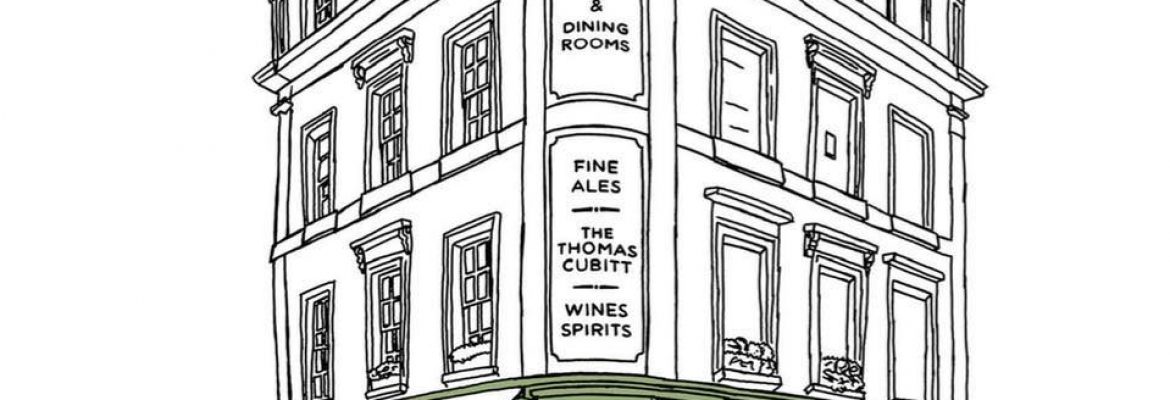Welcome to The Thomas Cubitt Pub, a cherished gem in the heart of Belgravia, named after one of London’s most esteemed master builders. Conveniently located on Elizabeth Street, just a stone’s throw from Victoria, Sloane Square, and Pimlico stations, our pub is a perfect gathering spot for locals and visitors alike. With three elegantly designed floors, The Thomas Cubitt combines traditional British charm with a modern gastropub experience, making it an ideal venue for everything from casual drinks to special occasions.
Our culinary team takes pride in sourcing the finest seasonal ingredients from local suppliers, ensuring that each dish reflects the rich flavors of British cuisine. Don’t miss our renowned Sunday Roast, a true highlight that celebrates time-honored traditions with an exceptional twist. For wine enthusiasts, our bar features an impressive collection of over 30 wines by the glass, including selections from boutique producers, thoughtfully curated to enhance your dining experience.
At The Thomas Cubitt, we believe in delivering not just food and drink, but an atmosphere that fosters connection and enjoyment. Our attentive staff is dedicated to providing exceptional service, ensuring that every visit is memorable. Whether you’re unwinding after a busy day or celebrating a milestone with friends and family, The Thomas Cubitt Pub invites you to savor the best of British hospitality in a welcoming environment. Come and discover why we are a beloved local institution!
Rate us and Write a Review
Note: Data fetched from Google is temporarily stored and can change on latest API request every month.






